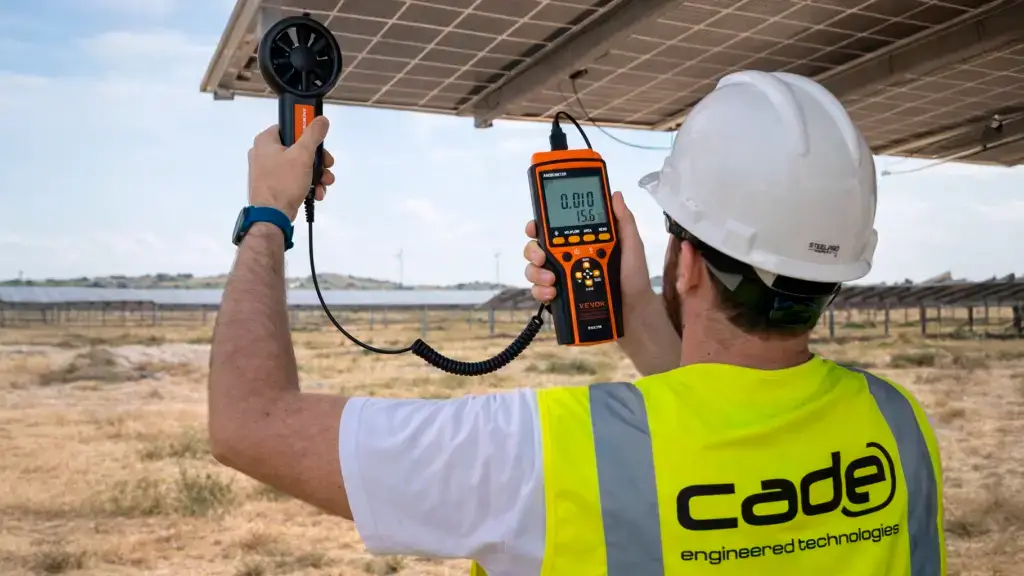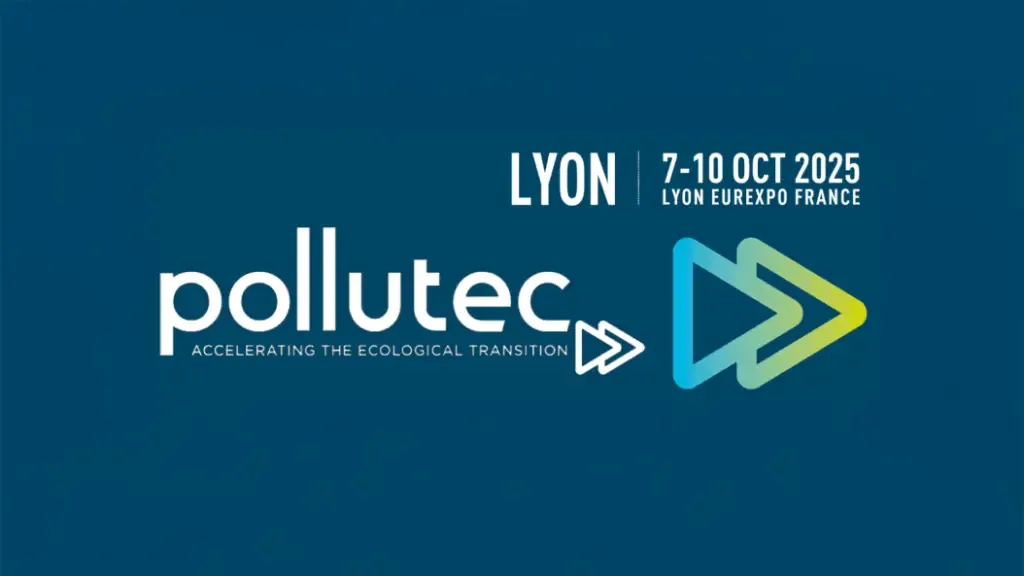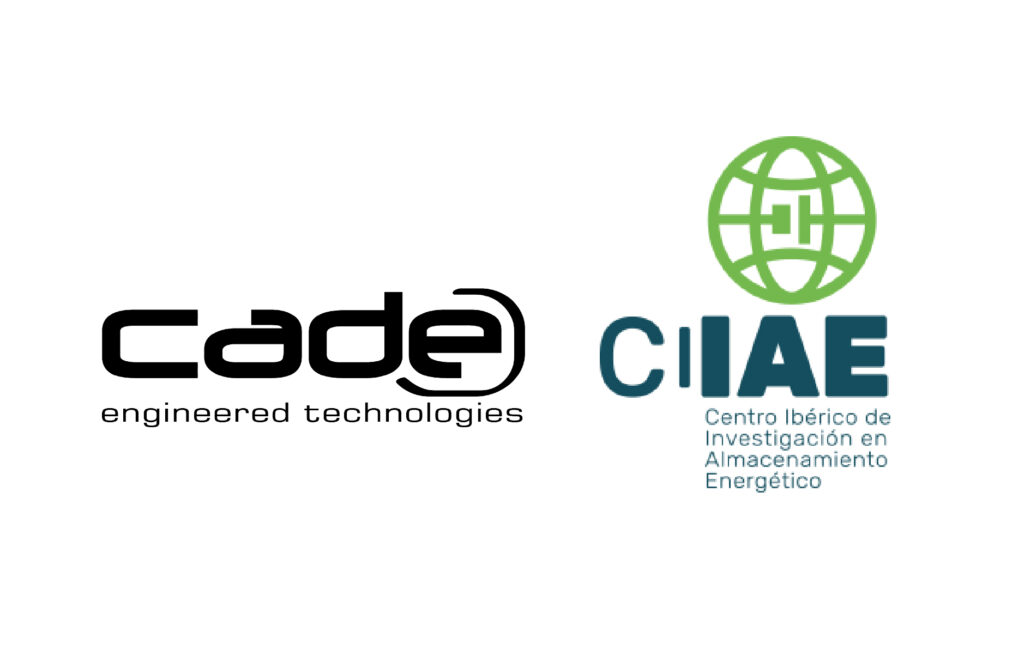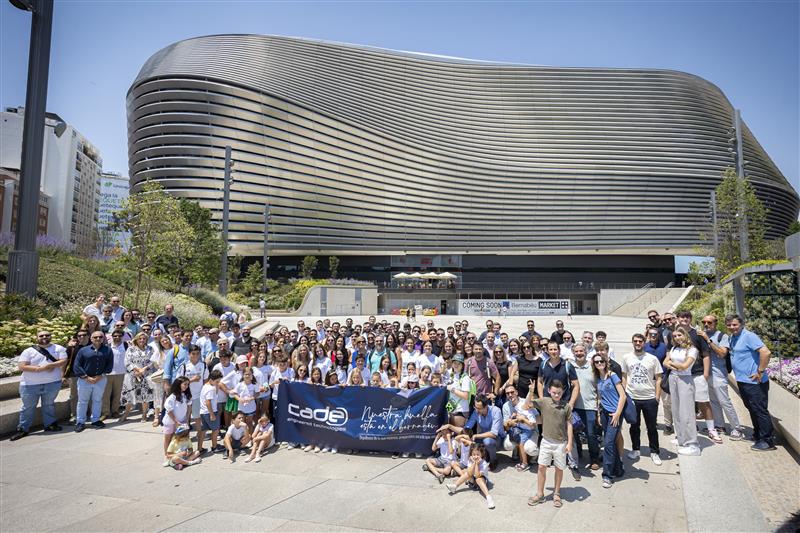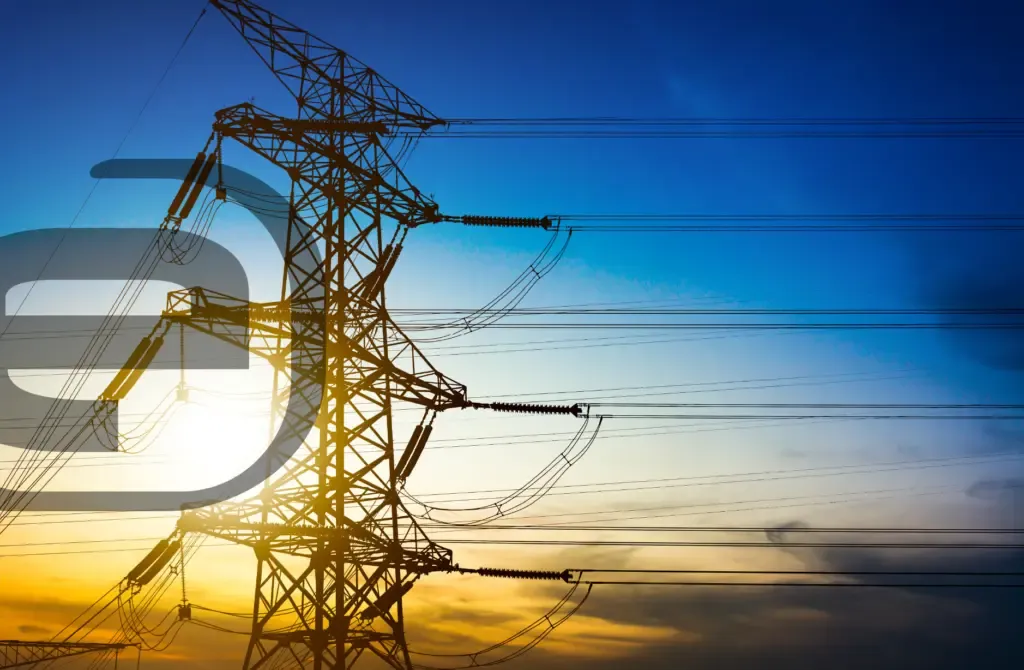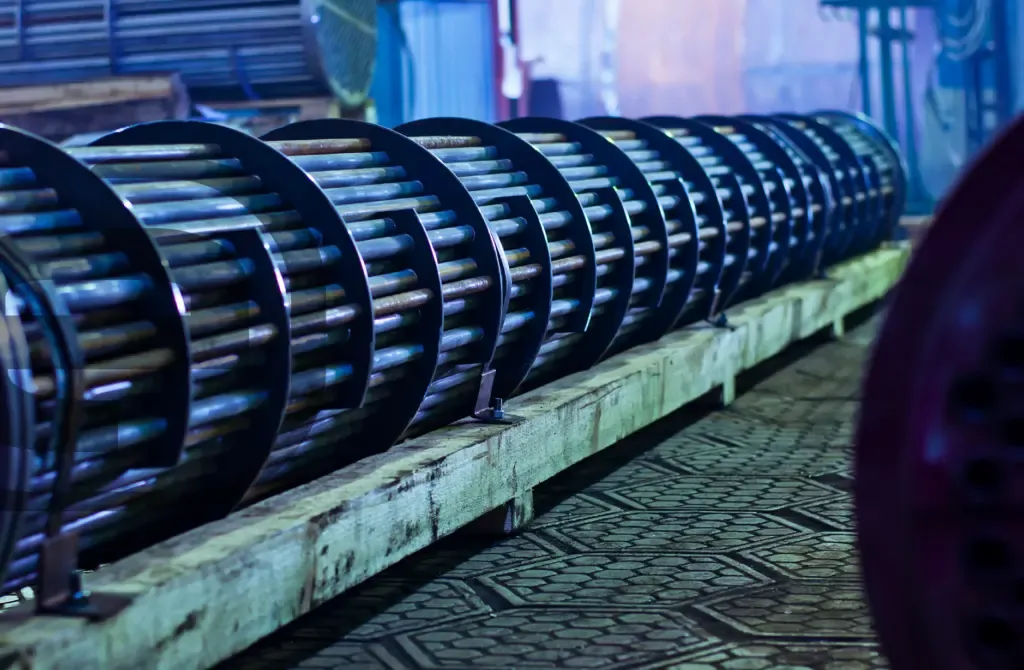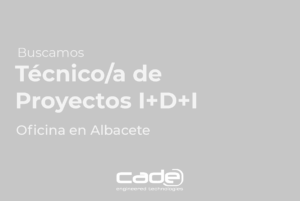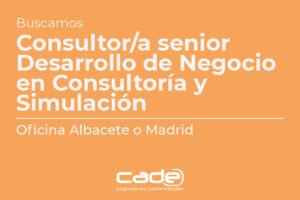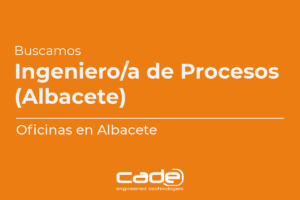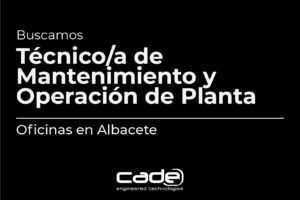GRTgaz publishes the first white paper on wet biomass gasification under supercritical conditions (SCWG). This strategic guide addresses technical, environmental, and economic aspects related to supercritical gasification, as well as describing the maturity level of the technology and the main developers at the European and international levels, including Cade Soluciones de Ingeniería.
White paper available at: https://www.grtgaz.com/en/formu-white-paper-gh
This document emerges in a context of a climate emergency in which a real ecological and energy transition should prevail, considering all possibilities for renewable energy production. Precisely, the utilization of renewable gases in Europe presents an opportunity to contribute to the consumption of clean energy and enhance the development of the circular economy, thereby favoring the management and valorization of bio-waste.
At this point, supercritical gasification is presented as a technology with great potential for the thermochemical conversion of wet organic waste into renewable gases (CH4, H2, CO2), allowing the recovery of inorganic compounds (nitrogen, phosphorus, and metals) and reusable water. Moreover, being a high-temperature (360 – 700 °C) and high-pressure (210 – 300 bar) process, it facilitates the destruction of contaminants such as microplastics, pharmaceutical waste, pathogenic organisms, etc. Another key advantage of the technology is its very short residence times (minutes) and high carbon conversion (85 to 100%), making it a compact and modular technology with low space requirements.
Organic waste suitable for gasification under supercritical conditions includes industrial sludge (from agri-food, chemical, pharmaceutical, or paper industries) and urban wastewater treatment plant sludge. Digestates, intensive livestock farming effluents, vinasse, fruit and vegetable waste, biodiesel byproducts, black liquor, and plastics.
By publishing this book, the dissemination of this disruptive yet little-known technology is promoted, bringing it to the attention of authorities, urban, agricultural, and industrial waste managers, with the aim of considering supercritical gasification for the treatment and energy valorization of these wastes and establishing a favorable regulatory framework for its industrial development.
Further information:
For any question or further information about our services and capabilities please complete the following form:

